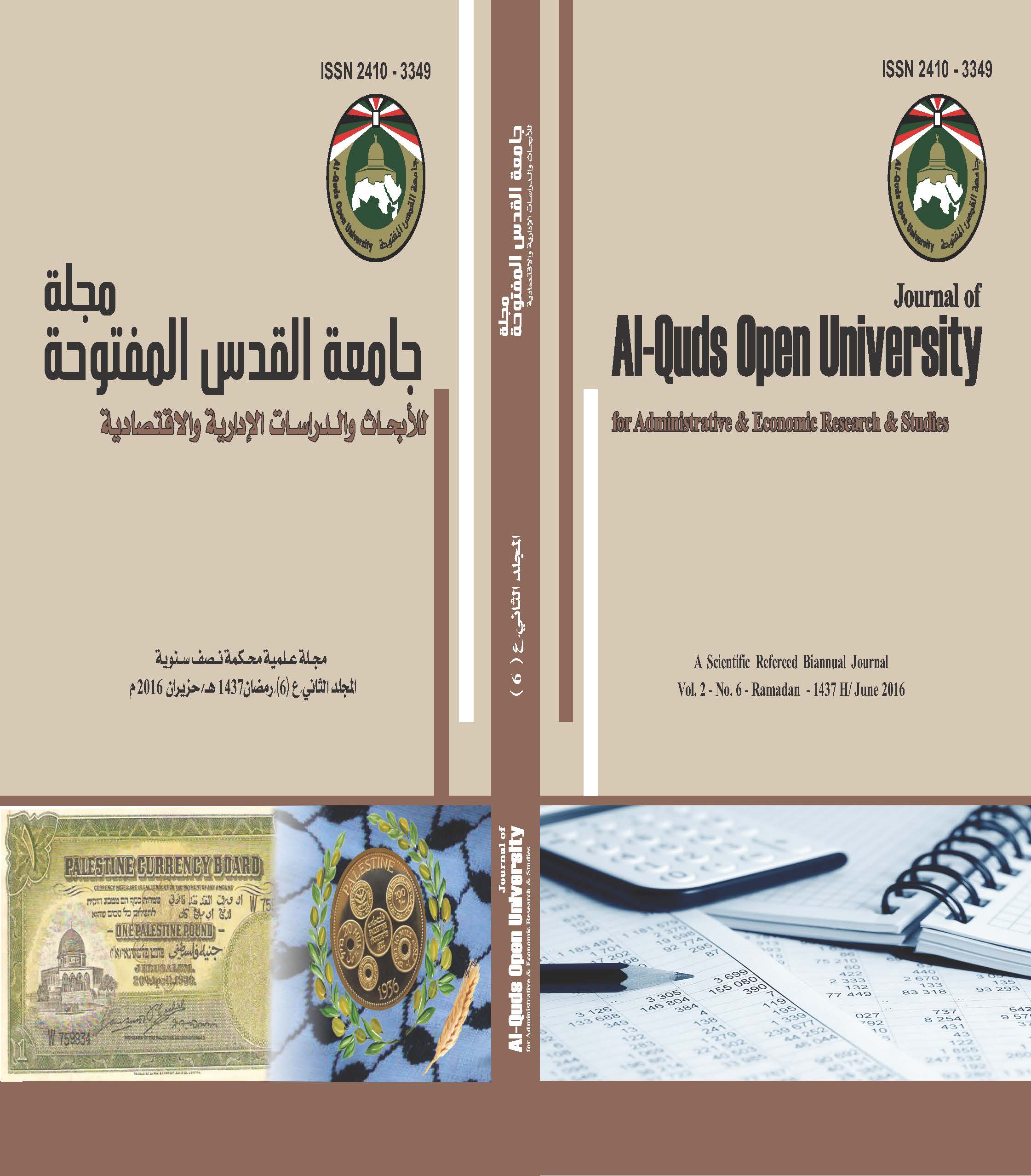تحليل العلاقة بين الفساد والاقتصاد: دراسة في مجموعة من البلدان المختارة
الكلمات المفتاحية:
الفساد، غسيل الأموال، تهرب ضريبي، مكافحة الفسادالملخص
تضمن البحث دراسة مفهوم الفساد وغسيل الأموال، وتسليط الضوء على أسباب ظهور ونمو الفساد، وأشكال الفساد وآثاره السلبية، وطرق قياس مؤشراته، من خلال بيانات مؤشر مدركات الفساد -في القطاع العام- في مجموعة من الدول ذات الإقتصادات الجيدة، التي حقق قسم منها النسب الأعلى في مؤشر مدركات الفساد، وحقق القسم الثاني نسباً منخفضة في نفس المؤشر خلال فترة (2004-2013)، فتم التوصل إلى وجود علاقة طردية بين مؤشر مدركات الفساد وحجم الاقتصاد الرسمي في الدول المدروسة؛ بالإضافة إلى استمرار ارتفاع الممارسات الفاسدة المولدة للدخول غير الشرعية. وتوصل الباحث إلى ضرورة مراجعة الإجراءات المحلية الوقائية (كثافة التعليمات-عدد الإجراءات-ضرائب مرتفعة-...)، لتلائم الغرض في تقليص حجم الفساد في القطاع العام، مثلما فعلت دول: (نيوزيلندا – سويسرا - الدنمارك – فنلندا)، ولأن تطبيق إتفاقية الأمم المتحدة لمكافحة الفساد والمعاهدات الدولية في مكافحة غسيل الأموال؛ فشلت في تحقيق الهدف في البلاد المدروسة: مثل (اليونان – إيطاليا - روسيا – الصين)، وبالتالي, يجب على صانعي القرار الإستفادة من تجارب الدول التي نجحت في التعامل مع هذه الظاهرة.
التنزيلات
منشور
كيفية الاقتباس
إصدار
القسم
الرخصة
- الالتزام التام بأخلاقيات البحث العلمي.
- الالتزام التام بحقوق الملكية الفكرية.
- حقوق الطبع والنشر تؤول للمجلة.
- الحصول على موافقة المجلة لإعادة نشر البحوث أو ترجمتها.
- الالتزام التام بتعليمات هيئة تحرير المجلة.













